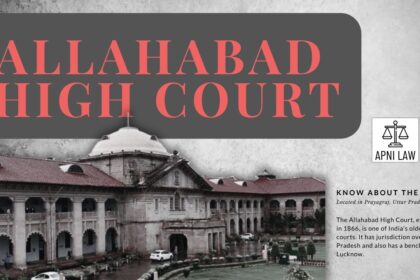Code:
(1) No statement made by any person to a police officer in the course of an
investigation under this Chapter, shall, if reduced to writing, be signed by the person
making it; nor shall any such statement or any record thereof, whether in a police diary or
otherwise, or any part of such statement or record, be used for any purpose, save as
hereinafter provided, at any inquiry or trial in respect of any offence under investigation at
the time when such statement was made:
Provided that when any witness is called for the prosecution in such inquiry or trial
whose statement has been reduced into writing as aforesaid, any part of his statement, if
duly proved, may be used by the accused, and with the permission of the Court, by the
prosecution, to contradict such witness in the manner provided by section 148 of the
Bharatiya Sakshya Adhiniyam, 2023; and when any part of such statement is so used, any
part thereof may also be used in the re-examination of such witness, but for the purpose
only of explaining any matter referred to in his cross-examination.
(2) Nothing in this section shall be deemed to apply to any statement falling within
the provisions of clause (a) of section 26 of the Bharatiya Sakshya Adhiniyam, 2023; or to
affect the provisions of the proviso to sub-section (2) of section 23 of that Adhiniyam.
Explanation.—An omission to state a fact or circumstance in the statement referred
to in sub-section (1) may amount to contradiction if the same appears to be significant and
otherwise relevant having regard to the context in which such omission occurs and whether
any omission amounts to a contradiction in the particular context shall be a question of fact.
Explanation:
This section deals with the admissibility of statements to police and use thereof during an investigation.
- It prohibits the use of such statements as evidence against the person who made them, except in certain specific situations.
- The purpose of this section is to prevent the police from coercing or intimidating suspects into making statements that can be used against them in court.
Provided that when any witness is called for the prosecution in such inquiry or trial whose statement has been reduced into writing as aforesaid, any part of his statement, if duly proved, may be used by the accused, and with the permission of the Court, by the prosecution, to contradict such witness in the manner provided by section 148 of the Bharatiya Sakshya Adhiniyam, 2023; and when any part of such statement is so used, any part thereof may also be used in the re-examination of such witness, but for the purpose only of explaining any matter referred to in his cross-examination.
Explanation: This exception allows the use of the statement to contradict a witness who is called for the prosecution. If the witness’s testimony differs from what they told the police, the statement can be used to point out this inconsistency. However, the use of the statement is limited to contradicting the witness and cannot be used as direct evidence against the accused.
(2) Nothing in this section shall be deemed to apply to any statement falling within the provisions of clause (1) of section 26 of the Bharatiya Sakshya Adhiniyam, 2023; or to affect the provisions of section 23 of that Adhiniyam.
Explanation: This exception excludes statements that are covered by Section 26(1) and Section 23 of the Bharatiya Sakshya Adhiniyam, 2023.
Illustration:
A person is arrested for theft. During the investigation, he makes a statement to the police officer admitting his involvement in the crime. This statement is recorded in writing. However, this statement cannot be used as evidence against him in a subsequent trial, unless it falls under one of the exceptions mentioned in this section.
Common Questions and Answers:
Q: Can a statement made to a police officer be used as evidence against the accused?
A: No, generally not. Section 181 of the BNSS prohibits the use of such statements as evidence against the accused. This is exceptional in the situations specified in the exceptions.
Q: What if the statement is signed by the person who made it?
A: Even if the statement is signed, it cannot be used as evidence against the accused. The statement should fall under one of the exceptions.
Q: Can the statement be used to contradict a witness?
A: Yes, if the witness is called for the prosecution and their testimony differs from their statement to the police. Similarly, contradicting the person can be done.








